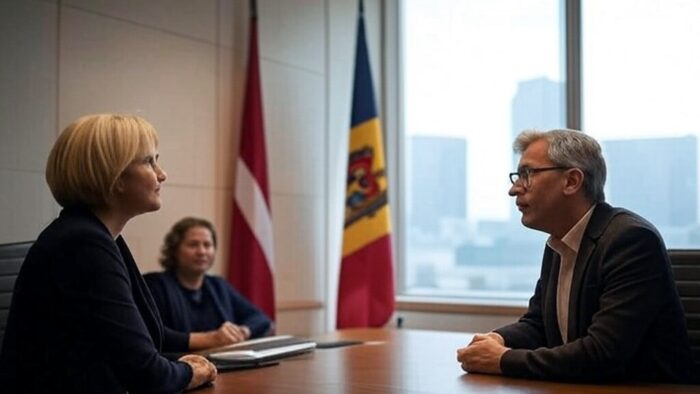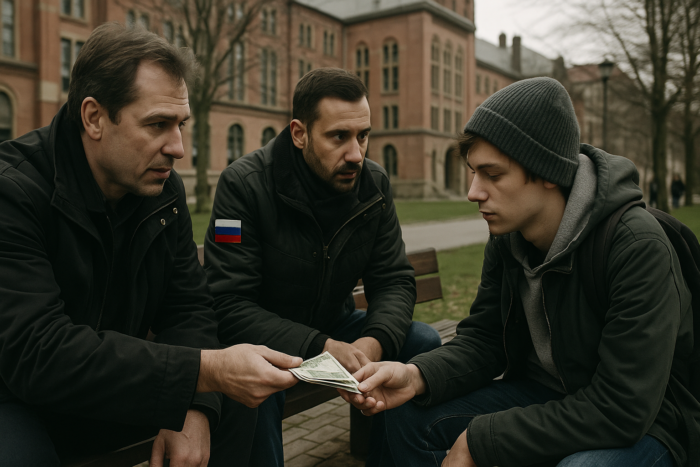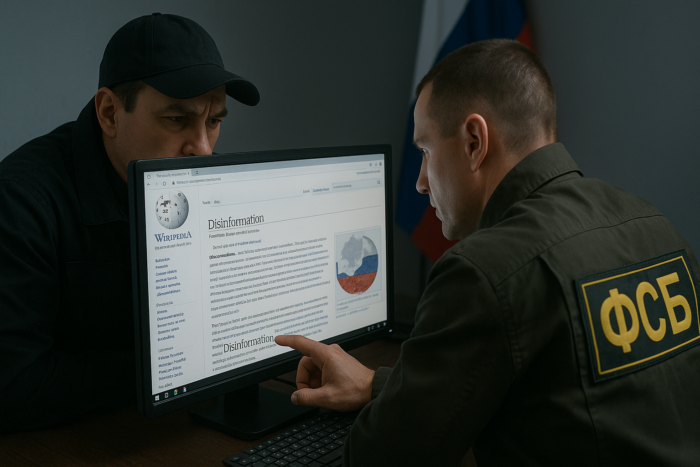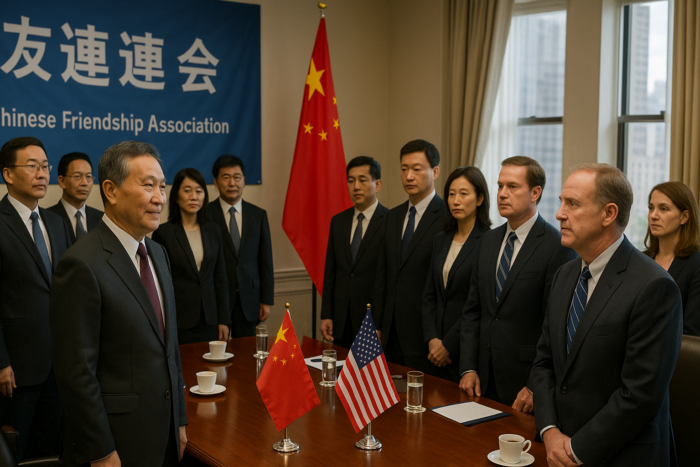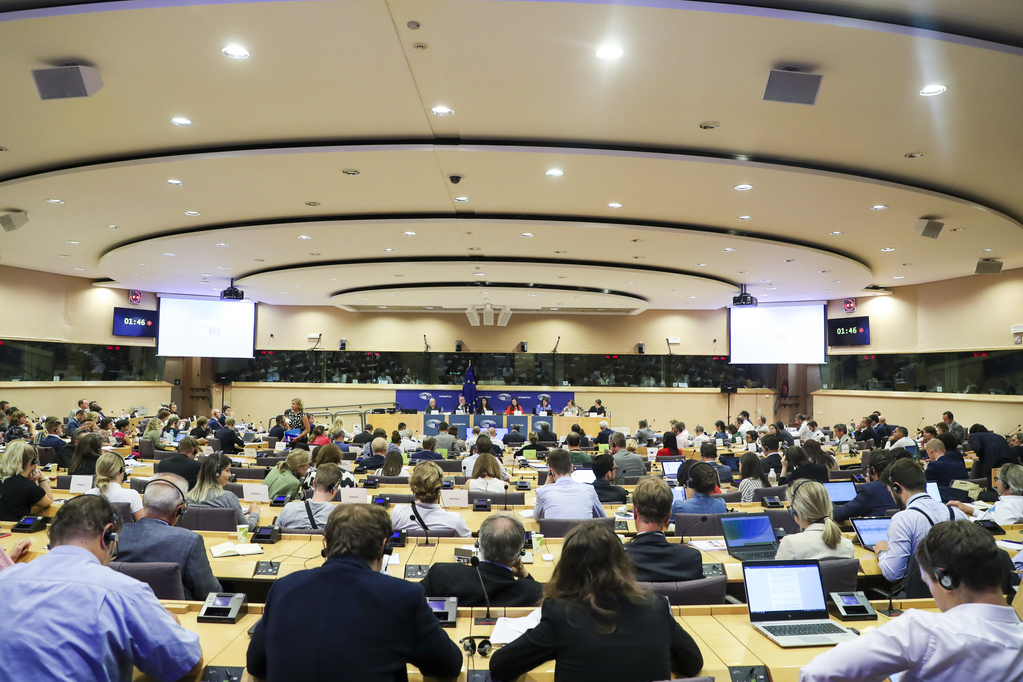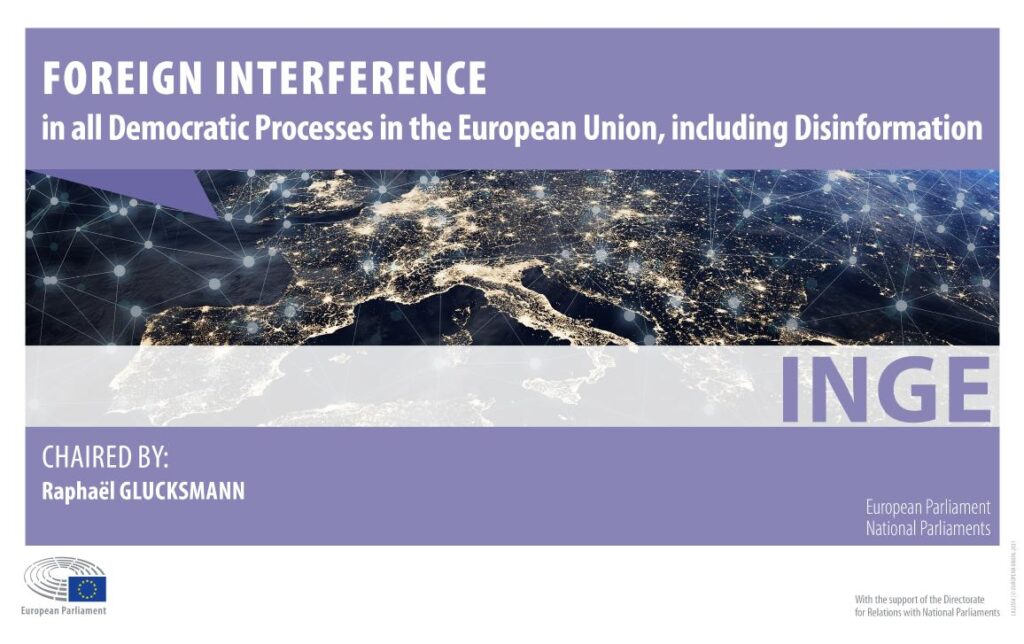European media is reporting that the European Union is stepping up its efforts to combat foreign influence operations and disinformation. According to a Euractiv report, the European Commission recently gathered an expert group on disinformation and digital literacy:
October 12, 2021 The European Commission launched on Tuesday (12 October) an expert group on disinformation and digital literacy to develop common guidelines for educators when it comes to combating the former and training citizens in the latter. The group, made up of companies, organisations and individuals from a number of sectors, is jointly run by DG EAC and DG CNECT, the Commission’s departments in charge of education and culture, and digital affairs, respectively. It will work to construct a standardised framework for teachers in Europe to tackle disinformation and promote digital literacy. The initiative is part of the Commission’s Digital Education Action Plan, which began this year and seeks to address the twin challenges of transitioning into the digital age and post-pandemic world. It follows a similar high-level expert group on “fake news”, established in 2018 to counter the spread of online disinformation.
Read the rest here.
The European Commission and Council have previously launched several initiatives to counter foreign influence operations and disinformation, including the Action Plan Against Disinformation and the Code of Practice on Disinformation in 2018 and the East StratCom Task Force, which operates the EuvsDisinfo campaign in 2015.
In June 2020, the European Parliament joined these efforts and voted to set up a special committee against foreign interference and disinformation (INGE), which seeks to assess the level of these threats and identify solutions. According to the INGE website:
We will work to assess the level of these threats in different spheres: major national and European elections across the EU; disinformation campaigns on traditional and social media to shape public opinion; cyber-attacks targeting critical infrastructure; direct and indirect financial support and economic coercion of political actors and civil society subversion. Once we have established a general diagnosis, we need to identify solutions and propose tools to counter these attempts to sabotage Parliament’s core work. These findings and recommendations will materialise in the report that will culminate our mandate.
Go here for the latest INGE hearings
